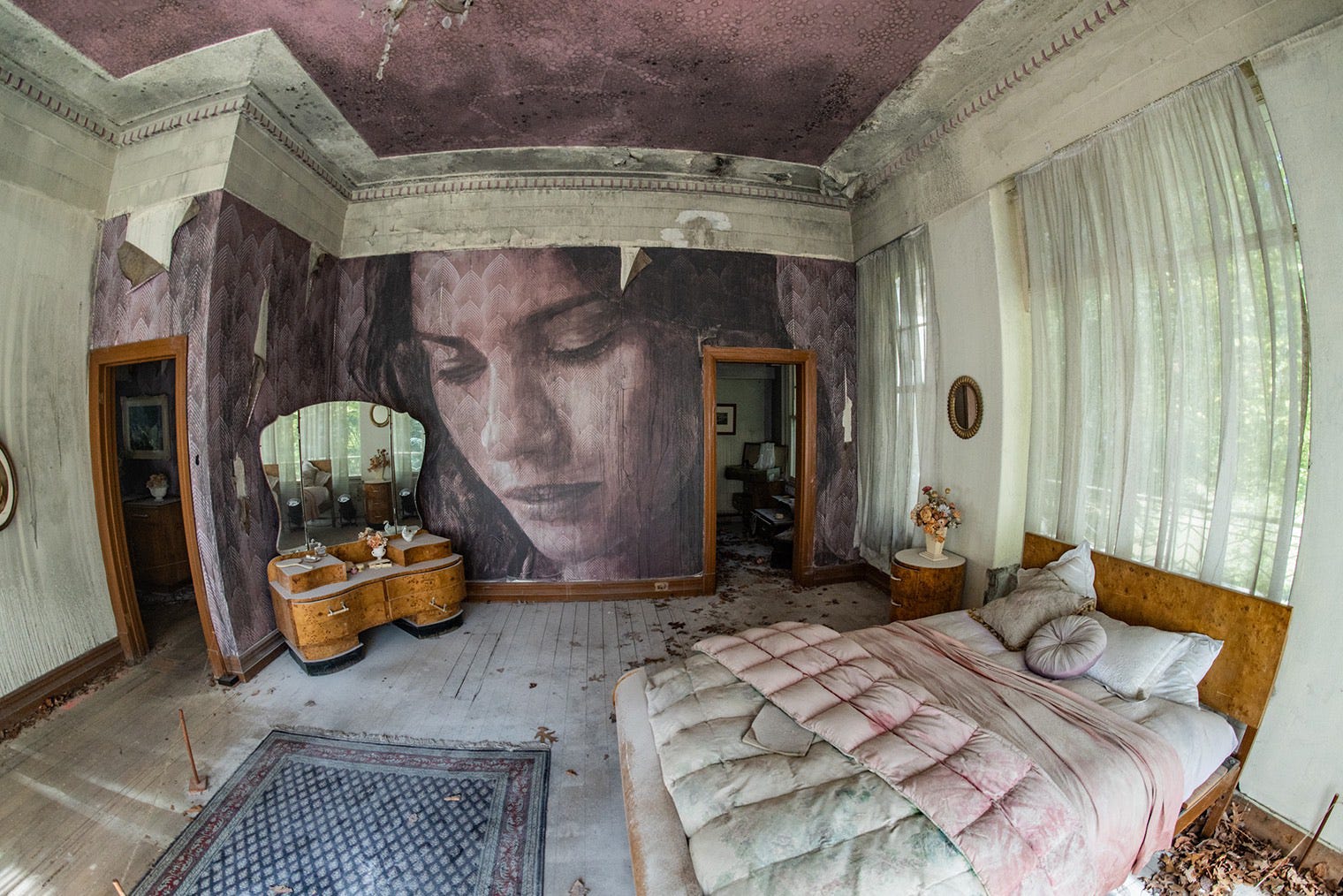
AUTHOR
Keith Bremner
JOURNAL
A Healthy Dose of Solitude
I used to think there was something wrong with me. And there definitely is—but I used to think something was horribly and fundamentally wrong with me. But no: according to psychological tests, I’m a highly sensitive person.
This personality trait—if you can call it a trait—has not been talked about extensively until recently; now many celebrities have come out of the closet. I diagnosed myself as a highly sensitive person with great delight, as my previous diagnosis for myself—that I am a nervous wreck—was much less compassionate.
I CANNOT STAND loud noises or bright lights, and large crowds and lengthy social situations exhaust me. I need an hour or two of solitude each day, or I will not make it to the night. Ideally, I would like to take a nap during that hour or two, but this is not always possible. During work trips or group meetings, for example, I have to retreat to a café or a similar secluded place to regain my strength.
This trait of mine has always caused wonder and irritation. “Oh, she needs a nap again?” people have asked. “How can someone so young get tired so easily?” They wonder, “How is it possible that you grew up in a big family and cannot stand any noise?” I could have answered: “Perhaps that exactly is the reason.” Still they are puzzled: “Why are you feeling anxious again? Everything is fine.” And so on.
Some people are tougher and have a higher tolerance than others. Of course, not everyone can understand this type of volatility, but they could at least try. And it’s good for you to know what is too much for you, personally.
I CANNOT WATCH violent movies or plays. They come into my dreams and ruin my mood for a long time. I cannot imagine ever attending a rock concert, and I stay away from stores during the buildup to Christmas. If someone speaks abruptly or coldly to me, I try to figure out when and how I have hurt their feelings. All too often, I feel responsible for the atmosphere in various situations.
I understand why I so often feel exhausted: if you spend your life being continuously attuned to other people’s needs and feelings, this inevitably will drain your energy.
I can see why the concept of highly sensitive may annoy some people or seem like snobbery. They may feel that the highly sensitive think they are somehow better than others. And soon someone is bound to proclaim: “In the old days there was no allowance for being very special or highly sensitive. We just managed, because we had to!”
Did you, though? There have always been highly sensitive people. After the war, mental hospitals were full of emotionally broken men. At home, their families had to watch out for the next time that the father would be triggered, relive a trauma, and wreak havoc in the household. The war was tough for everyone–if people weren’t highly sensitive when they went to the front line, they certainly were when they came back.
WHEN I TOLD MY HUSBAND, once again, that he must understand me because I’m highly sensitive, he replied: “Yeah? I’m highly persistent.”
Those annoyed by yet another seemingly trendy diagnosis should keep in mind that being highly sensitive is not about attitude. It cannot be cured through vigorous exercise or by “getting over it.” And the highly sensitive do not demand special treatment. They only wish to be accepted for who they are, without snarky remarks or insincere expressions of concern.
I was told that there are peer support groups for highly sensitive people. What comes to mind is a group of people sitting in a dim room, wearing earplugs and holding hands.
By Anna-Leena Harkonen
Published with permission from Rights & Brands




